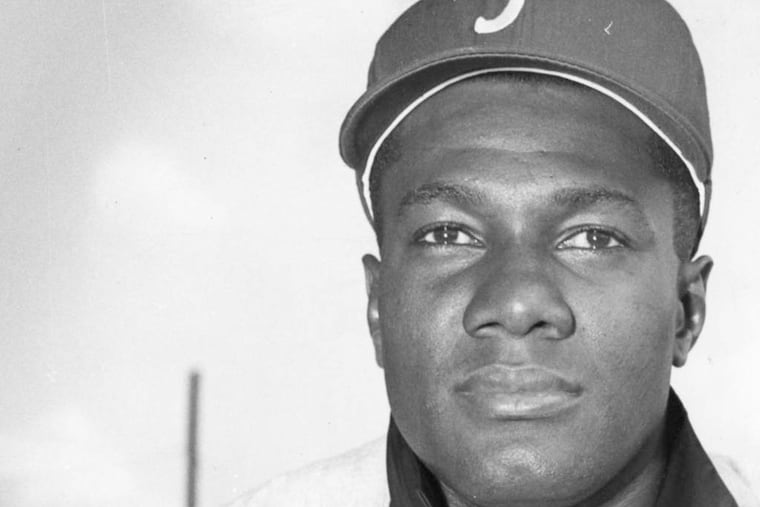Phillies must do more to diversify their lineup | Opinion
For the first time since 1959, the Phillies have no Black American players on their opening day roster.

This season, for the first time since 1959, the Phillies do not have a Black American player on their opening day roster. The last time this happened was five years before current Phillies manager Joe Girardi was born.
This lack of African American players does not mean that the organization doesn’t care about Black players and fans, nor does it mean they aren’t trying to increase the number of African American baseball players and fans. But to reap the financial and on-field benefits of increasing the number of Black American baseball fans and players, especially in a city that is over 40% Black, the Phillies have to do more.
As historically minded Phillies fans likely know, John Kennedy was the first Black American player in franchise history to appear in a regular-season game. Kennedy made the opening-day roster in 1957 but had only two plate appearances across five games in his short big-league career.
Three years later, little-used pitcher Hank Mason became the second Black American player to make a Phillies opening-day roster. Mason was a veteran of the Kansas City Monarchs of the Negro Leagues, but his time in the majors was also brief. Nevertheless, the Phillies had at least one Black American player (and often many more) on their opening-day roster every year from 1960 through 2021.
The decline in Black players and fans is not new, nor it is unique to Philadelphia. It is due to a host of factors, including the costs of playing high-level youth baseball, the impact of the end of the Negro Leagues on the game’s infrastructure in the Black community, the fact that Major League Baseball’s draft structure makes signing players from the Caribbean and Latin America cheaper than signing American-born players, baseball’s lack of popularity amongst younger Americans, the dearth of college baseball scholarships — especially in comparison with football and basketball — and the low salaries paid to minor league baseball players.
The Phillies, like organizations across baseball, are trying to rectify the underrepresentation of Black players and fans. The team has done commendable work with their Reviving Baseball in Inner Cities (RBI) program and Urban Youth Academy. They have hosted events for Black History Month, Martin Luther King Jr. Day, and Juneteenth. They have hired Black American former Phillies in a number of off-field advisory and outreach positions. They retired Dick Allen’s number, even though he is not yet in the Hall of Fame, recognizing the impact of racism on his career.
Despite those efforts, the percentage of Black Americans on the Phillies and across baseball clearly could be better. Every April 15, The Institute for Diversity and Ethics in Sport publishes its annual “Major League Baseball Racial and Gender Report Card.” The 2021 report gave baseball a B+ for racial hiring, yet the overall numbers of African American players, managers, coaches, and executives were below the Black portion of the American population. The report notes progress, but the Phillies and the rest of Major League Baseball need to do more to rectify this imbalance.
As with most things caused by many factors, it will take multiple actions to address the underrepresentation of Black Americans in baseball. Although all major league franchises will provide housing to minor league players for the first time this year, the Phillies should make it easier for talented young American athletes to specialize in baseball by paying minor leaguers a living wage. They should double down on their RBI program and outreach to Black fans to create a larger talent pool for future players and a more robust fan base. After decades of inaction followed by years of inadequate action, the Phillies must recognize that, in order to create a new era where Black players, coaches, executives, and fans help the team return to the top of the game, they have to do more.
Seth S. Tannenbaum is a native Philadelphian and a lifelong Phillies fan. He earned a doctorate in history at Temple University and, starting this fall, he will be an assistant professor of sport studies at Manhattanville College.